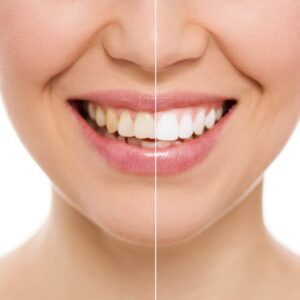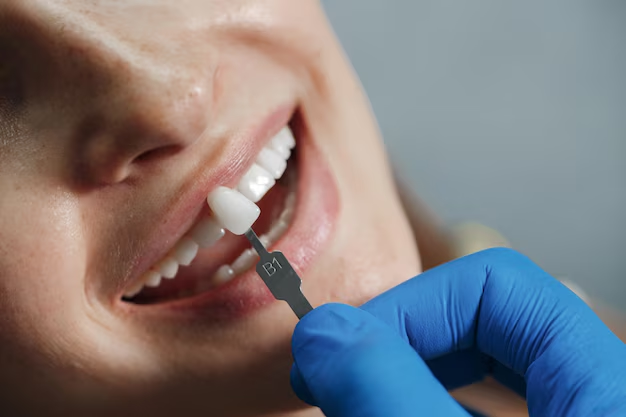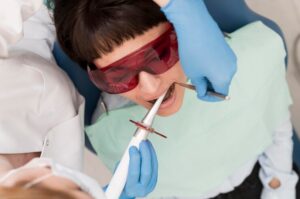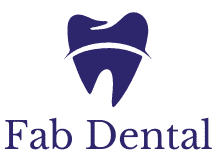
Wisdom teeth are often the last to emerge, but they can cause many issues when they do. While many people associate wisdom teeth with crowding or discomfort, they can also unexpectedly affect your sinus health. For those experiencing sinus problems tied to dental issues, timely Wisdom Teeth Removal in Hayward can make a significant difference in dental and sinus health.
The Connection Between Wisdom Teeth and Sinuses
The upper wisdom teeth sit close to the maxillary sinuses, which are hollow cavities located behind your cheeks and above your upper teeth. In some cases, the roots of the wisdom teeth can extend into or near the sinus cavity. When these teeth grow, they can exert pressure on the sinus area, leading to discomfort and other problems.
This close relationship means that issues with wisdom teeth—such as impaction, infection, or improper growth—can directly impact your sinus health.
How Wisdom Teeth Affect Sinus Health
Here are some common ways wisdom teeth can cause sinus problems:
1. Pressure on the Sinuses
When wisdom teeth grow improperly, they may push against the sinuses. This can create pressure or fullness in the face, particularly around the cheeks and nose.
2. Sinus Infections
The bacteria can spread to the nearby sinus cavity if a wisdom tooth becomes infected. This can lead to sinus infections (sinusitis), with symptoms like facial pain, nasal congestion, and a postnasal drip.
3. Tooth Roots and Sinus Walls
In some cases, the roots of the upper wisdom teeth are very close to the sinus lining. If the tooth is impacted or decayed, it can irritate or perforate the sinus wall, leading to sinus discomfort or chronic issues.
4. Fluid Buildup
When a wisdom tooth doesn’t erupt properly, it can create pockets where bacteria and fluid collect. This not only risks infection but can also trigger sinus inflammation.
Recognizing the Symptoms
Not sure if your wisdom teeth are affecting your sinuses? Watch for these signs:
- Facial Pain: Persistent discomfort around the cheeks or upper jaw.
- Nasal Congestion: A blocked or stuffy feeling without a clear cause.
- Headaches: Pressure in the forehead or around the eyes, especially near the sinuses.
- Tooth Pain: Sensitivity or pain in the upper molars can radiate to the sinuses.
- Frequent Sinus Infections: Repeated bouts of sinusitis without an obvious trigger.
If you’re dealing with these symptoms, consult a dental professional. They’ll help determine if your wisdom teeth are the culprit.
The Role of Wisdom Teeth Removal
Removing problematic wisdom teeth is often the best way to address sinus-related issues. Here’s how it helps:
- Relieves Pressure: Extraction eliminates the tooth pushing against the sinus cavity, easing discomfort.
- Prevents Infection Spread: Removing an infected tooth stops bacteria from reaching the sinus.
- Reduces Inflammation: With the problematic tooth gone, surrounding tissues can heal and reduce sinus irritation.
If you’re considering Wisdom Teeth Removal in Hayward, choosing a skilled dentist or oral surgeon ensures the procedure is smooth and minimizes risks.

“Removing problematic wisdom teeth is often the best way to address sinus-related issues. It relieves pressure, prevents infection spread, and reduces inflammation, ultimately improving both your dental and sinus health.”
– Dr. Alag, DDS, FAGD, Fab Dental Hayward
What to Expect During Wisdom Teeth Removal
Many people feel anxious about removing their wisdom teeth, but the process is straightforward. Here’s what happens:
- Consultation: Your dentist or oral surgeon will examine your teeth and take X-rays to understand their position and proximity to the sinuses.
- Anesthesia: Local or general anesthesia ensures a painless procedure.
- Extraction: The dentist will carefully remove the tooth, avoiding the sinus cavity.
- Recovery: Most people heal within a week or two, with post-operative care focused on reducing swelling and preventing infection.
For those in Hayward, working with an experienced professional for Wisdom Teeth Removal in Hayward ensures that any sinus concerns are properly addressed during the procedure.
Preventing Sinus Issues After Extraction
Post-extraction care is crucial to avoiding sinus complications. Here are some tips to ensure a smooth recovery:
- Follow Your Dentist’s Advice: Stick to their instructions on cleaning and medications.
- Avoid Smoking or Straws: Suction can dislodge clots, delaying healing and risking sinus exposure.
- Rest and Hydrate: Give your body time to heal by resting and drinking plenty of water.
- Monitor for Signs of Sinus Issues: If you notice prolonged congestion, nasal discharge, or unusual pain, contact your dentist.
Why You Shouldn’t Delay Treatment
Ignoring wisdom teeth issues can lead to chronic sinus problems, infections, and even damage to neighboring teeth. While the idea of removal may seem daunting, delaying the procedure often makes matters worse. Early intervention resolves discomfort and can save you from more complex treatments.
Choosing a local provider for Wisdom Teeth Removal in Hayward ensures access to expert care and follow-ups, making the process more manageable and effective.
Final Thoughts
Wisdom teeth are a common source of dental issues, but their impact on sinus health often goes overlooked. If you’re experiencing sinus pressure, facial pain, or recurring infections, your wisdom teeth could be the underlying cause. Removing them can not only improve your dental health but also provide relief from sinus-related symptoms.
FAQs on Wisdom Teeth and Their Impact on Sinus Health
How do wisdom teeth affect sinus health?
Wisdom teeth, especially the upper ones, are located close to the maxillary sinuses. If these teeth become impacted, infected, or grow improperly, they can apply pressure on the sinuses, causing discomfort, sinus infections, and fluid buildup.
What symptoms indicate that my wisdom teeth might be affecting my sinuses?
Common symptoms include facial pain around the cheeks or upper jaw, nasal congestion, headaches, tooth pain radiating to the sinuses, and frequent sinus infections without a clear cause.
Can wisdom teeth cause sinus infections?
Yes, if a wisdom tooth becomes infected, bacteria can spread to the nearby sinus cavity, leading to sinusitis. Symptoms include facial pain, nasal congestion, and postnasal drip.
Why should I consider wisdom teeth removal if I have sinus problems?
Removing problematic wisdom teeth can relieve pressure on the sinuses, prevent infection spread, and reduce inflammation, ultimately improving both dental and sinus health.
What should I expect during wisdom teeth removal?
The process typically involves a consultation, X-rays to assess the tooth’s proximity to the sinuses, anesthesia for a painless procedure, and careful extraction to avoid sinus damage. Recovery generally takes about one to two weeks.
How can I prevent sinus complications after wisdom teeth removal?
To avoid complications, follow your dentist’s care instructions, avoid smoking or using straws, rest, hydrate, and monitor for any signs of sinus issues, such as prolonged congestion or pain.






